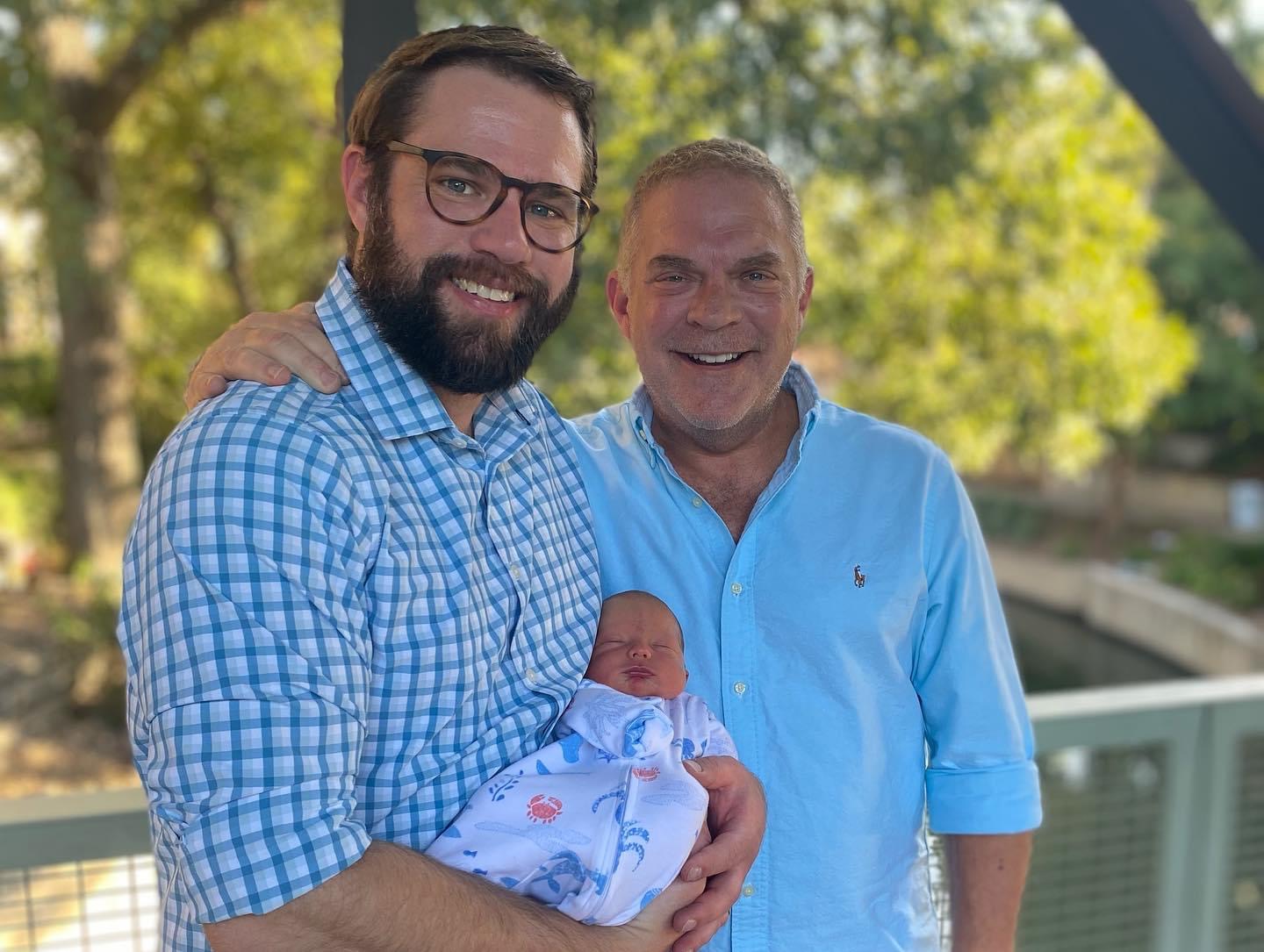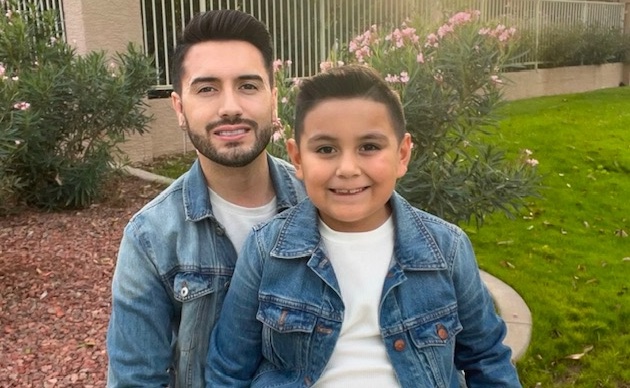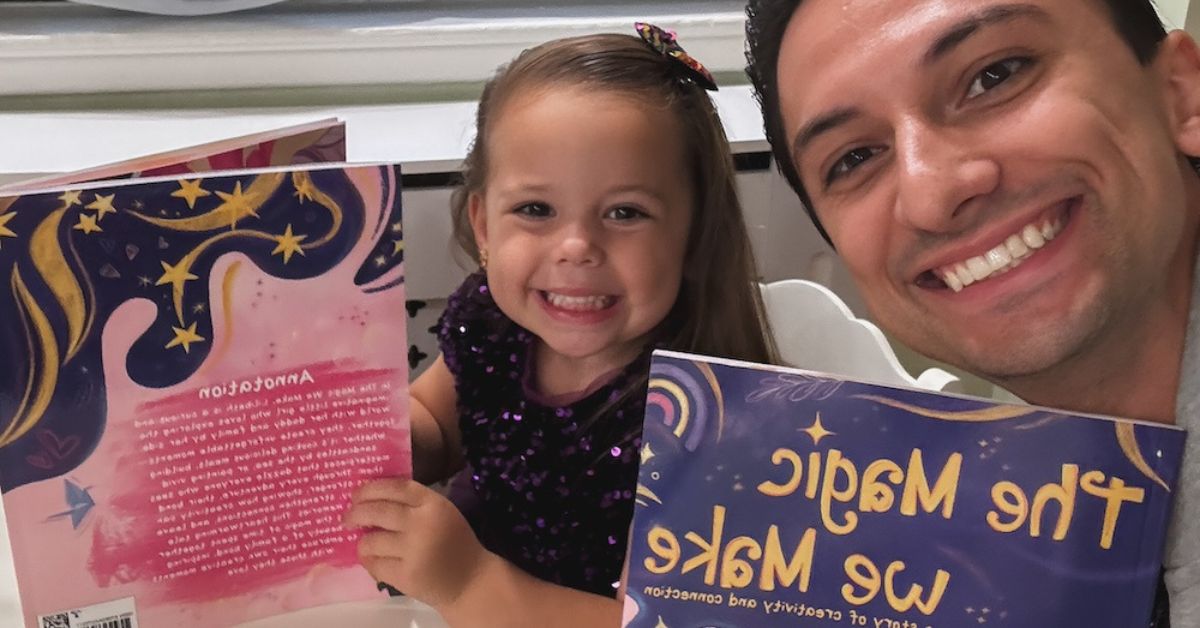Gay dads-to-be who are creating embryos for surrogacy have a big decision to make: who will be the bio dad? Some dads would BOTH like to be bio dads, and express an interest in having twins, where one baby is biologically related to each dad. The decision to do a Multiple Embryo Transfer (MET) which would possibly lead to a twin pregnancy is a big one, with much to consider in addition to bringing home two bundles of joy from the hospital.
Circle Surrogacy & Egg Donation speaks with gay intended parents every day about the options they have to grow their families, including embarking on a twin journey.
Here are 5 questions to ask yourself if you’re considering a twin pregnancy:
1. Am I ready for my surrogacy journey to cost more?

With an average singleton surrogacy journey costing anywhere between $110,000 and $120,000 (excluding IVF), intended parents should prepare for additional fees associated with a twin pregnancy. First, your surrogate will be paid additional compensation to carry twins. Second, the maternity expenses are typically twice as high with a twin pregnancy, as high risk OBGYNs are often involved. There can also be risks to the babies with a twin pregnancy. We have found that twins can be born one month early, with roughly half of twins needing to spend time in the NICU (Newborn Intensive Care Unit). At Circle, we have seen the average cost in the NICU approach $100,000.
2. Have I spoken to my IVF Doctor?

Your IVF clinic is your best resource for understanding what it means to do a multiple embryo transfer and try and for twins. There are some IVF clinics that will allow any IPs that would like to try for twins to transfer 2 embryos, as long as the IPs and surrogate fully understand the risks. However, other clinics will not transfer 2 embryos unless there’s a medical reason. You should consult your IVF doctor.
3. Have I discussed twins with my surrogacy agency?

It’s important to discuss a twin pregnancy with your agency who will be supporting you and your surrogate throughout your journey. Circle Surrogacy, for example, would support Intended Parents on a twin journey if they make an informed decision to have a twin pregnancy; and Circle would ensure the Intended Parents fully understood the risks associated with transferring two embryos. Considerations include:
- A twin pregnancy provides risks to the surrogate and to the babies.
- The maternity expenses are typically twice as high with a twin pregnancy, as high risk OBGYNs may be involved.
- There are also risks for the children. On average, we find that twins are born one month early, roughly half of twins end up in the NICU and, in our experience, incurring NICU fees.
- Matching Intended Parents who want twins may take longer, as many surrogates are either not medically approved to carry twins or are unwilling.
- The overall cost of the journey will be greater as complications often occur, most deliveries are via c-section and surrogates often end up on bedrest.
4. Am I ready to care for two babies?

Caring for one baby can feel overwhelming at first, so caring for TWO babies (double the feedings and diapers!) may require additional help and support. You should be prepared to speak to your IVF clinic and agency about your plan for caring for twins once they arrive.
5. Am I open to hearing about doing a ‘dual journey’ instead of a twin pregnancy?

An option to doing a twin pregnancy is doing what is called a dual journey: when two surrogates are pregnant at the same time with singletons with staggered due dates. Scott Buckley, VP of Client Services at Circle Surrogacy, recommends dual journeys – or sibling journeys – as options to a twin pregnancy: “With a dual journey or sibling journey, there are fewer expenses because there are fewer risks with singleton pregnancies and births. Intended Parents will receive a discount on agency fees for a second journey. Plus, when parents decide to do a sibling journey and work with the same surrogate, their discount is doubled. Essentially, you grow your family with two babies without the risk of a multiples pregnancy.”
If you’re considering growing your family with twins, the first step is to talk with your IVF clinic, and see what your doctor recommends. From there, speaking with your surrogacy agency will help you understand what a twin pregnancy means for costs and fees, as well as for matching times and surrogate availability. There are a few options to have two bio dads in your family, you just need to find the one that works best for you.






